Fasirin Kindergarten
I teach at Fasirin Kindergarten in Rangsit which is part of Pathum Thani province in Thailand. It is a privately run kindergarten and is relatively small with an average class size of 15 children which is perfect as I get to spend more time with the children, who I refer to affectionately as the “Little ones.”
The smaller class size allows me to give more personal time to individual children to make sure they are getting the attention they need to help them progress in the manner that is needed.
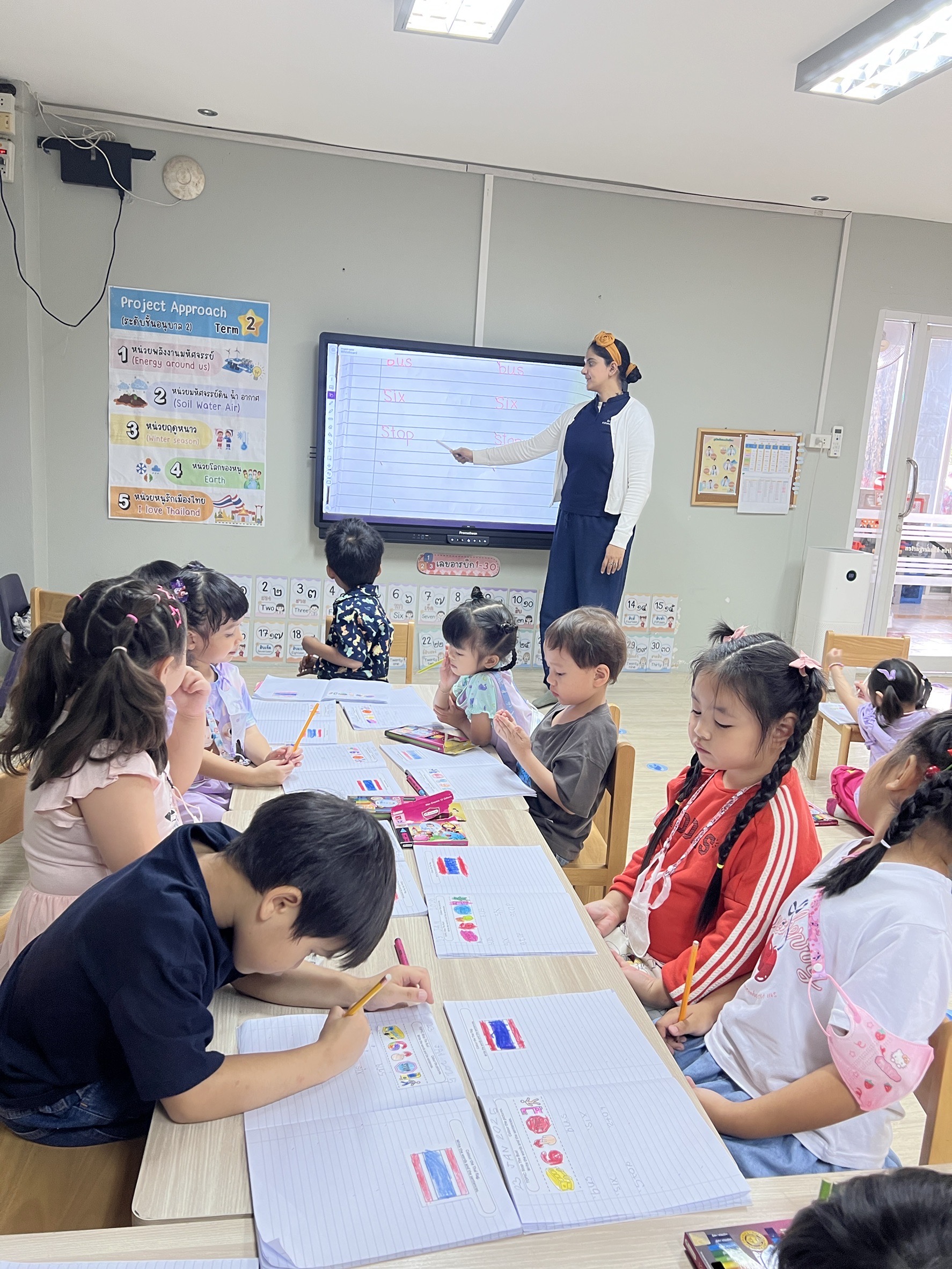
Teaching at Fasirin Kindergarten.
We have a curriculum in the school that prepares the children for their future education by laying the foundations of learning the basic principles of English, phonics, and maths.
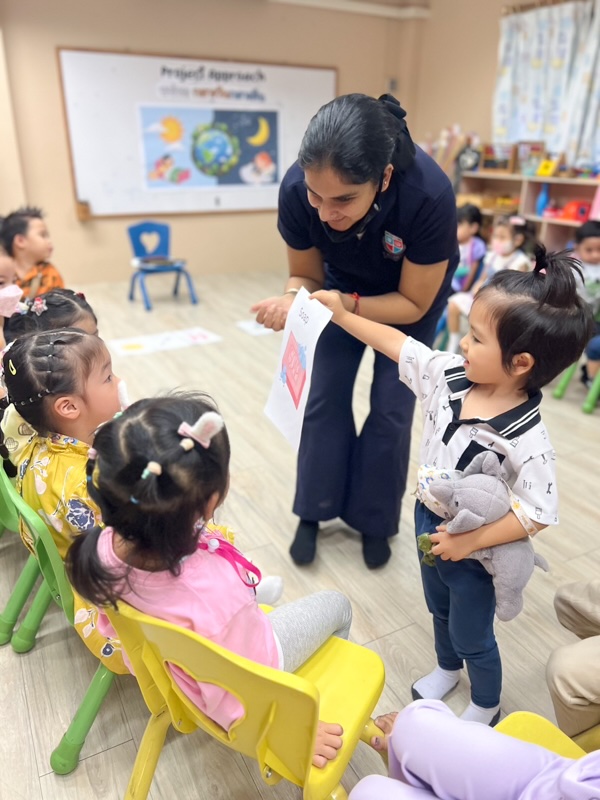
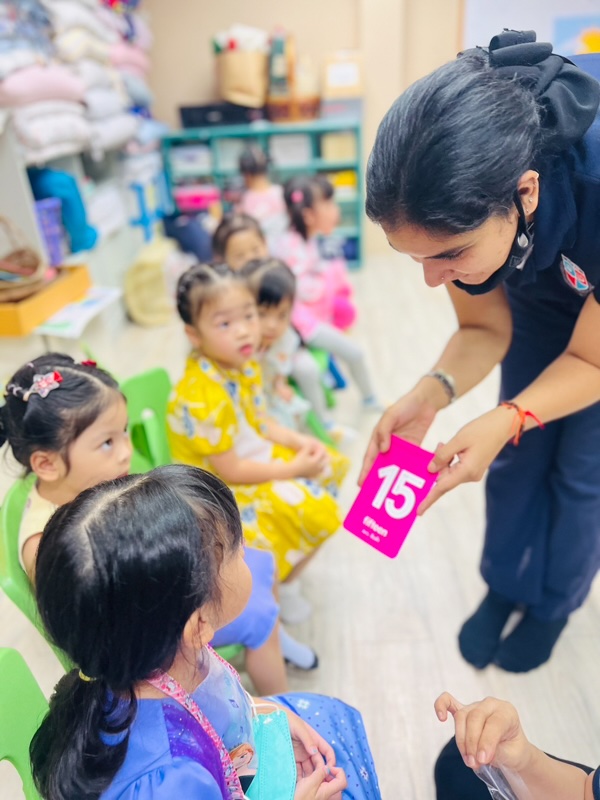
Many activities are done in the kindergarten to help with learning. Some of these core principles are:
Story Time: Reading aloud stories to children helps improve language skills and encourages imagination.
Art and Craft: Activities like finger painting, drawing, and making simple crafts enhance creativity and fine motor skills.
Outdoor Play: Playing games like tag, using playground equipment, or exploring nature helps develop gross motor skills and social interaction.
Music and Movement: Dancing, singing songs, and playing musical instruments promote rhythm, coordination, and expression.
Puzzles and Games: Simple puzzles, memory games, and matching activities improve cognitive skills and problem-solving abilities.
Sensory Play: Activities involving sand, water, or sensory bins help children explore different textures and sensations.
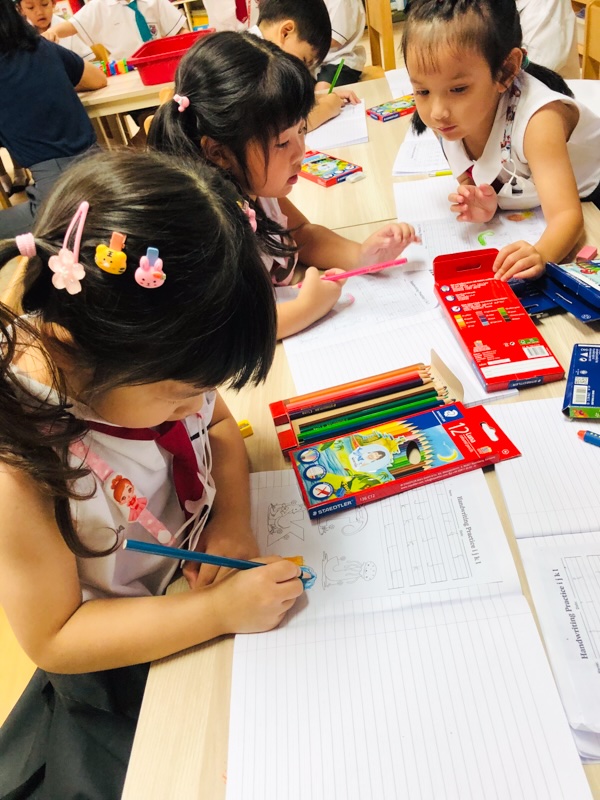
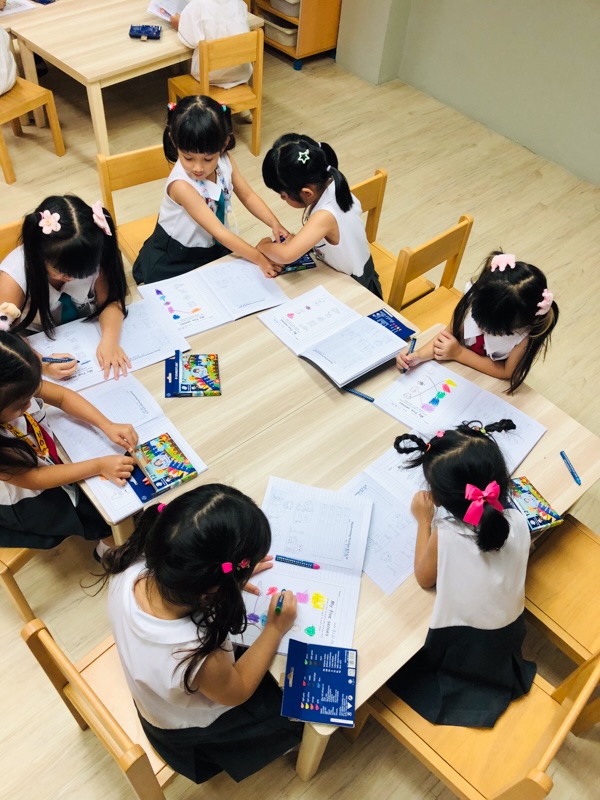
Extra Activities
We celebrate all the important times of the year in the kindergarten so the children can learn more about the importance of local Thai culture such as Vesak Day and other worldwide events, such as Christmas.
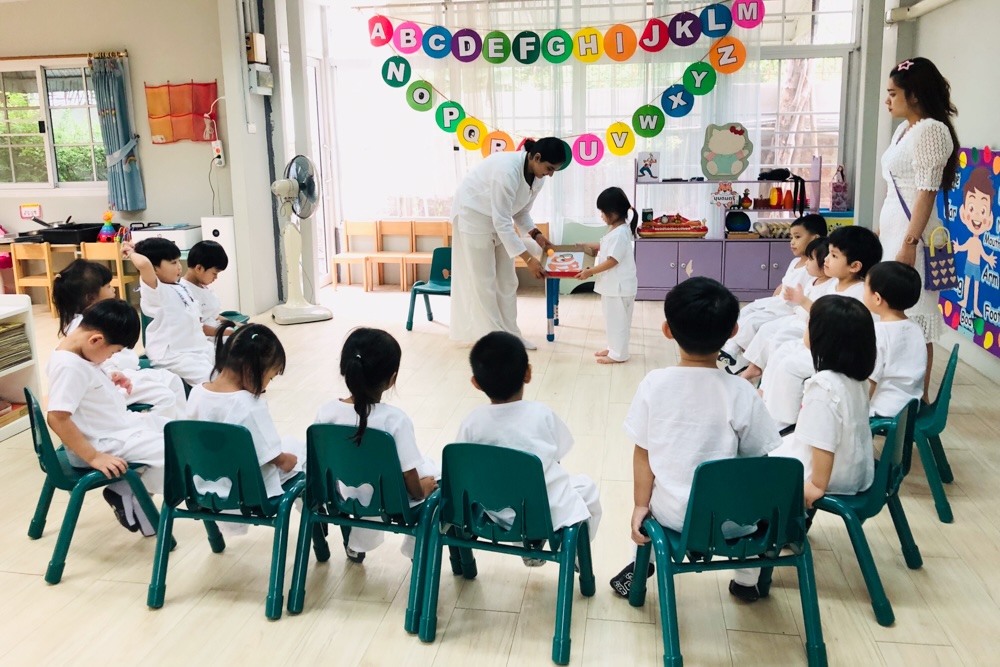
I design a lot of the material that is used in these classes myself and you can download for free some of them here:
Teaching Philosophy
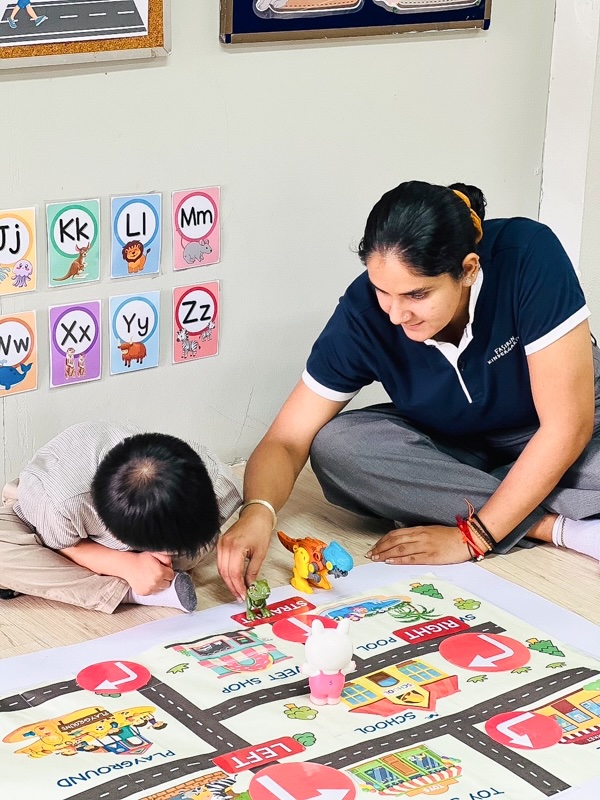
I believe that teaching kindergarten is a very important job because it lays the foundation for a child’s future learning and development. The children are introduced to basic academic concepts such as literacy and numeracy, which form the groundwork for their educational journey.
We provide a nurturing environment that fosters emotional and social growth. Young children learn to build relationships, develop empathy, and manage their emotions through interactions with other children and teachers. These experiences help children build self-confidence and resilience, which are vital for facing future academic and personal challenges.
The supportive setting of a kindergarten classroom encourages curiosity and creativity, nurturing a love for learning that can last a lifetime.
Key concepts for teaching in kindergarten:
1. Child-Centered Learning:
- Prioritize the needs, interests, and developmental stages of each child.
- Emphasize play-based learning, which allows children to explore, create, and learn naturally through activities they enjoy.
- Encourage curiosity, asking questions, and discovery as essential parts of the learning process.
2. Social and Emotional Development:
- Focus on building strong relationships with and among students to foster trust, respect, and empathy.
- Teach social skills like sharing, cooperation, conflict resolution, and self-regulation.
- Create an environment where every child feels valued, heard, and safe to express themselves.
3. Holistic Development:
- Promote not only cognitive skills (like literacy and numeracy) but also physical, emotional, and creative development.
- Incorporate a variety of activities, from storytelling and art to physical play and nature exploration, to cater to different learning styles.
4. Positive and Inclusive Environment:
- Celebrate diversity and teach respect for differences.
- Use positive reinforcement to encourage good behaviour and effort rather than just outcomes.
- Ensure all children feel included, regardless of their background, abilities, or learning needs.
5. Family and Community Engagement:
- Encourage collaboration with families, recognizing that they are the child’s first teachers.
- Maintain open communication with parents to create a consistent and supportive learning environment both at home and school.
- Engage with the community to provide real-world experiences and connections to what children are learning.
6. Hands-On, Experiential Learning:
- Utilize hands-on activities to make learning tangible and meaningful.
- Provide opportunities for sensory exploration and real-life problem-solving.
- Encourage outdoor learning and connections with nature to develop a sense of wonder and responsibility toward the environment.